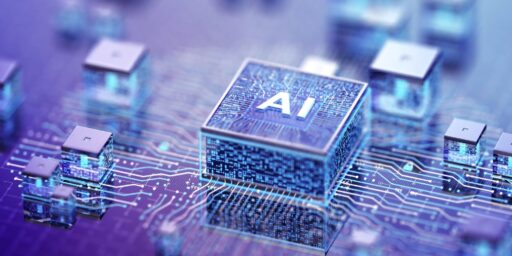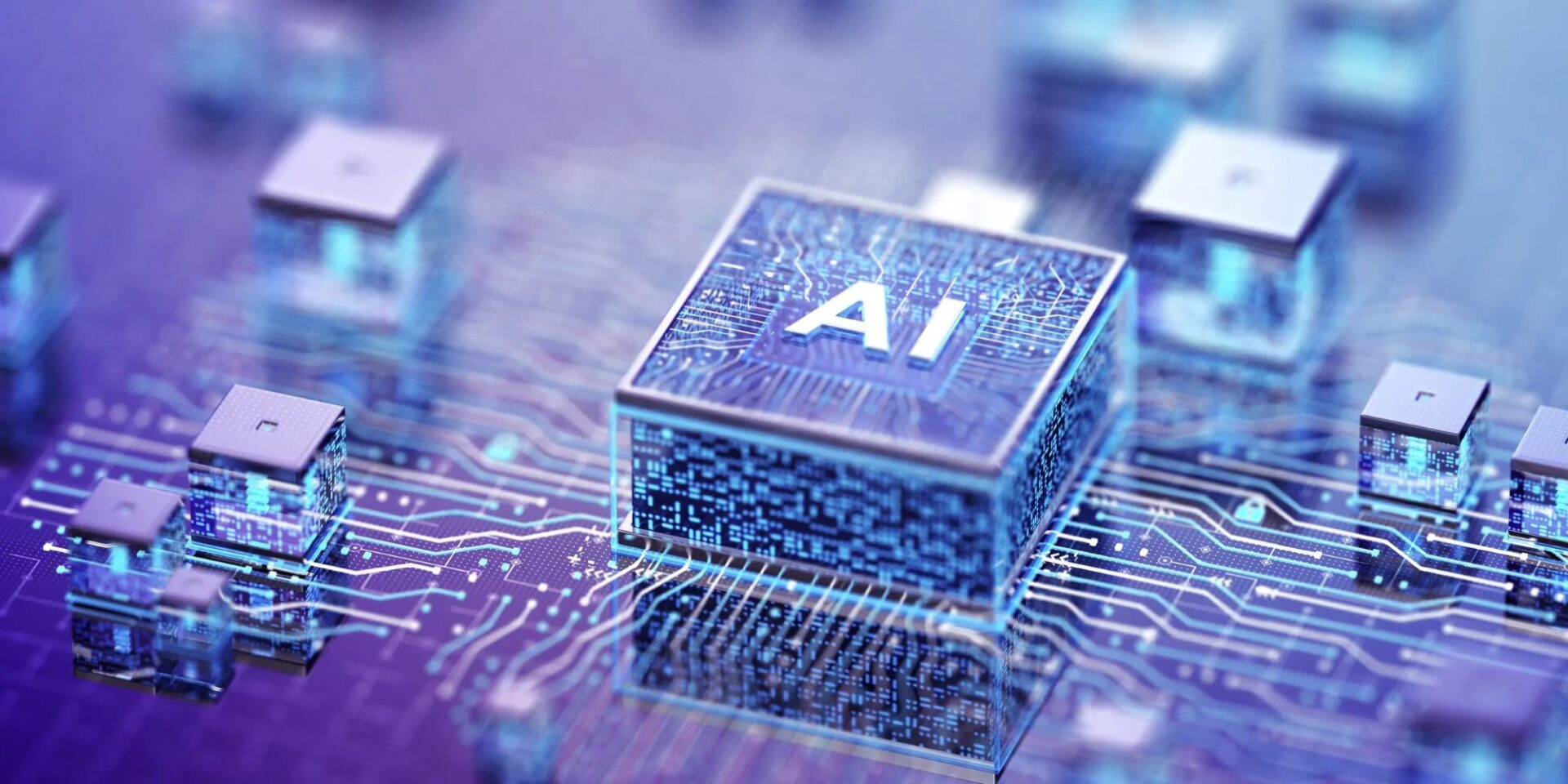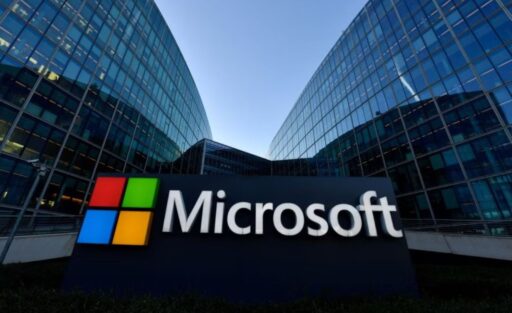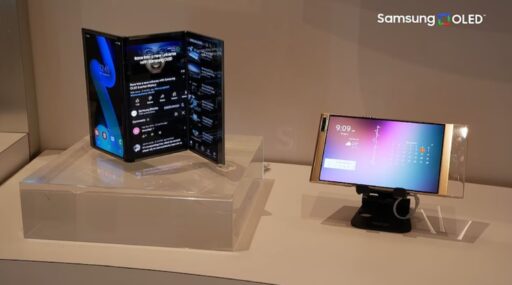The way we talk about artificial intelligence hardware is changing. Instead of waiting for one all-powerful device to dominate, the future looks more like a carefully connected ecosystem. Each type of hardware plays its part, from massive processors in distant data centers to compact chips inside phones and laptops. Every piece is built to handle a different kind of job.
Key Takeaways
- The future of AI hardware is not about one single machine but a system of specialized components working together.
- Training large AI models will continue to depend on cloud-based GPUs and TPUs.
- Smartphones and new “AI PCs” are adopting Neural Processing Units (NPUs) for fast, private on-device tasks.
- This approach improves efficiency by matching tasks to the right kind of processor.
- Data privacy is strengthened as more processing stays local rather than being sent to the cloud.
A Network of Specialists
AI hardware is beginning to resemble a group of specialists instead of one generalist. To build and train the massive models that power chatbots or search engines, the work is still concentrated in the cloud. Data centers owned by companies like Amazon, Google, and Microsoft depend on racks of high-performance chips.
NVIDIA has become central here, producing Graphics Processing Units such as the H100 and the newer Blackwell series, which are specifically designed for large-scale AI workloads. Google has also created its own Tensor Processing Units to optimize its AI services. These processors excel in environments where immense computing power and memory are essential.
AI in Your Hand and on Your Desk
But everyday AI use looks different. Instead of depending entirely on the cloud, many of the features people interact with are powered locally. Modern smartphones from Apple, Samsung, and others come with a Neural Processing Unit, or NPU. These chips are designed to complete AI tasks efficiently without draining too much battery life.
If you use portrait mode in your camera or translate text in real time, chances are the NPU is doing the work behind the scenes. The important detail is that it keeps data, like personal photos or voice input, on your phone rather than sending it away for processing.
This same approach is now reaching personal computers. Microsoft, Intel, and AMD are leading the shift toward the “AI PC,” where laptops and desktops are equipped with NPUs. With these, devices can handle tasks such as background blurring in video calls, advanced photo editing, or running AI-driven apps without depending on a constant internet connection. Intel’s Core Ultra processors and AMD’s Ryzen AI chips are designed specifically to support this kind of local AI work.
The Benefits of a Distributed System
This distributed model provides clear advantages. Sending every AI request to a data center takes extra time and wastes energy. When smaller tasks are handled locally, the response feels immediate. It also keeps personal data safer, since sensitive information does not always need to travel outside the device.
For bigger tasks, such as retraining models or processing massive datasets, the cloud remains essential. What is emerging is not a single dominant machine but a flexible system. Local devices do what they do best, while the cloud manages the jobs that require large-scale resources. Together, they form a cooperative ecosystem where different types of hardware contribute to the overall progress of AI.
Frequently Asked Questions (FAQs)
Q. What is an NPU?
A. An NPU, or Neural Processing Unit, is a specialized processor designed to speed up machine learning and AI tasks on a device. It’s more power-efficient for these jobs than a general-purpose CPU or GPU.
Q. Is my current phone an AI device?
A. Most modern smartphones released in the last few years have NPUs or similar AI-focused hardware built into their main processors, so they can be considered AI devices.
Q. What is an AI PC?
A. An AI PC is a personal computer that has a dedicated NPU built into its processor. This allows it to run AI applications directly on the machine, making them faster and more private.
Q. Will one company control all AI hardware?
A. The AI hardware market is competitive, with many companies creating different types of specialized chips. NVIDIA is a strong player in data center GPUs, while companies like Qualcomm, Apple, and Intel are focused on chips for personal devices. This suggests a multi-company ecosystem rather than a monopoly.





